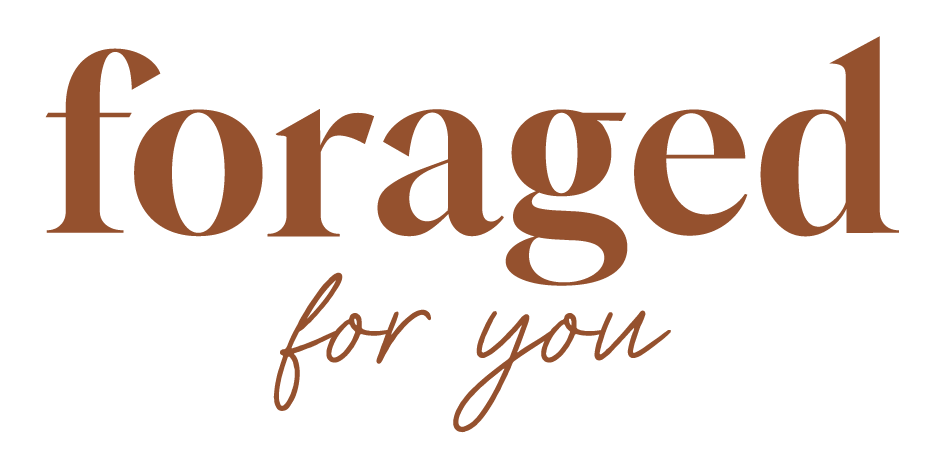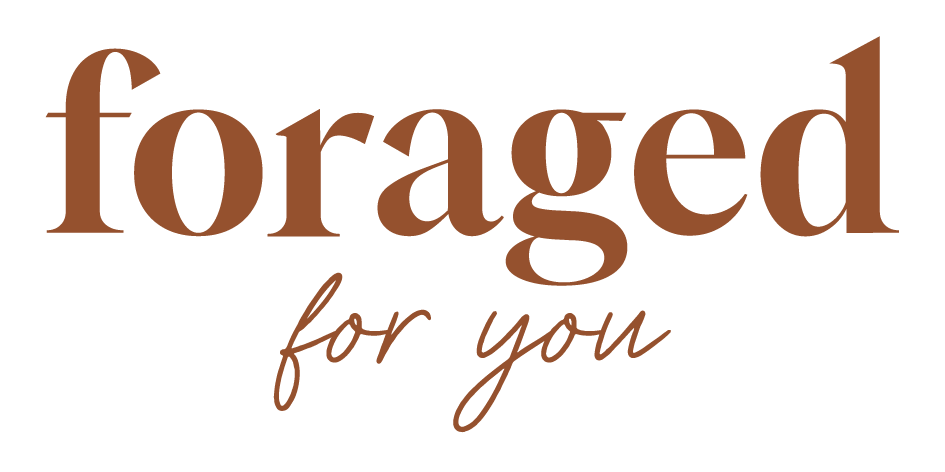
Is your baby beginning to wean themselves from breastmilk, or, are you ready to wean your baby off breast milk? We all know that during pregnancy, nutrient-dense foods are a must. This is also true for the breastfeeding period, including when you’re weaning off your baby.
We often focus on the struggles of breastfeeding itself but weaning can be just as difficult, wreaking havoc on your hormones, and therefore leading to some unexpected and sometimes unpleasant symptoms and emotions! By ensuring you have the right nutrient support you can at least ease the transition for both you and your bub.
The Ultimate Guide To Weaning Your Baby
Let’s get one thing straight, weaning is no beautiful picnic in the park. When we breastfeed, we produce a hormone called prolactin. This is what produces the milk itself. With each feed, you’re also hit with a dose of oxytocin, otherwise known as the love hormone. This one can come with a wave of euphoria, strengthening the bond between you and your baby.
When you start to wean, both of these hormones start to decrease. This paired with a boost in oestrogen and progesterone can cause PMS-like symptoms, mood imbalances, skin breakouts, anxiety, insomnia, irritability, and more. On the plus side, increased oestrogen and progesterone can strengthen your bones, skin, hair, and muscles, boost your libido, and eventually help to regulate your hormones.
The trick is to get through the weaning period without too much stress. Fortunately, with the right nutrient-dense foods in your diet and an understanding of what’s happening to your body, you can support yourself and your baby to reduce symptoms throughout the change.
When Should You Wean Your Baby?
Before we get into our weaning tips, you’re probably wondering when the best time is to wean your baby. For the first six months, it’s recommended for babies to solely be drinking breastmilk or formula. At the six-month mark, you can start incorporating nutrient-dense foods into their diet, but it’s recommended that their main source of nutrition be breastmilk or formula for at least the first twelve months.
From there, the right time to wean will depend on you and your baby. As they begin to eat more food, you may notice that you naturally start to wean in alignment with their nutritional needs. If you don’t, don’t worry. The World Health Organisation recommends breastfeeding your baby up until they are two years old, so there is no rush.
The key is to listen to your needs. If breastfeeding is taxing on you and your mental health, there is nothing wrong with weaning earlier than two years. If you don’t want to give up the bonding sessions just yet, there is also no issue with continuing the feeds.
Tips To Ease The Transition When Weaning Your Baby
Eat Nutrient Dense Foods
First and foremost, make sure you and your baby are getting the nutrients you both need. For your baby, this means a well-balanced, nutrient-dense diet. Your body will need the same, plus a few extra goodies that can help support you hormonally.
Maca powder does wonders to balance your hormones, nourishing your endocrine system while boosting your energy. Increasing your magnesium by eating cacao and activated pumpkin seeds is also a great way to supplement your body.
For overall nutrient support, The Mothers Blend has you covered. Packed with optimal levels of iodine, iron, b vitamins and zinc through natural and fermented food sources, this prenatal supplement will support your liver and give you essential based nutrients you’ll need while weaning.
Balance Your Blood Sugar Levels
To truly ease the transition out of breastfeeding, the key is to keep your body as balanced as possible. Aim to reduce your sugar intake and opt for healthy proteins and fats instead to sustain your energy levels. It’s also a good idea to avoid caffeine at this time as it can disrupt your endocrine hormones.
Prioritise Physical Touch And Attention
Breastfeeding can be a beautiful bonding experience between mother and child. Weaning not only takes away the milk but also the bonding time which can be emotionally hard for both you and your baby. During this time, shower your baby with love and physical touch. Extra cuddles and kisses will maintain that connection, showing your baby that you’re still there for them while fulfilling both of your emotional needs.
Listen To Your Nervous System
If there is ever a time to tune into your nervous system, it’s while you’re weaning. The disruption in hormones can heighten anxiety and stress, making the process of weaning that much harder. Prioritise calm at this time and be patient with your body by acknowledging the massive physical and emotional change you’re going through.
If your baby is old enough
Communicate with your baby what is happening, as it can help to say, for example, ‘booby milk is only for day time now’, or, ‘booby milk is only for after dinner or before bed’. You can relate the talking to the sun and the moon, and show them. This way they will hopefully, eventually grasp why and what is going on, and have more understanding and acceptance.
Remember, breastfeeding and weaning are much like all stages of parenthood - they will look and feel different for everybody. However challenging your weaning journey turns out to be, know that your hormones will eventually balance and find peace. Be kind to yourself and trust the process. And if you are looking for an organic supplement to help give you that extra dose of energy during this time you can get our probiotic supplement, the mothers blend here!

